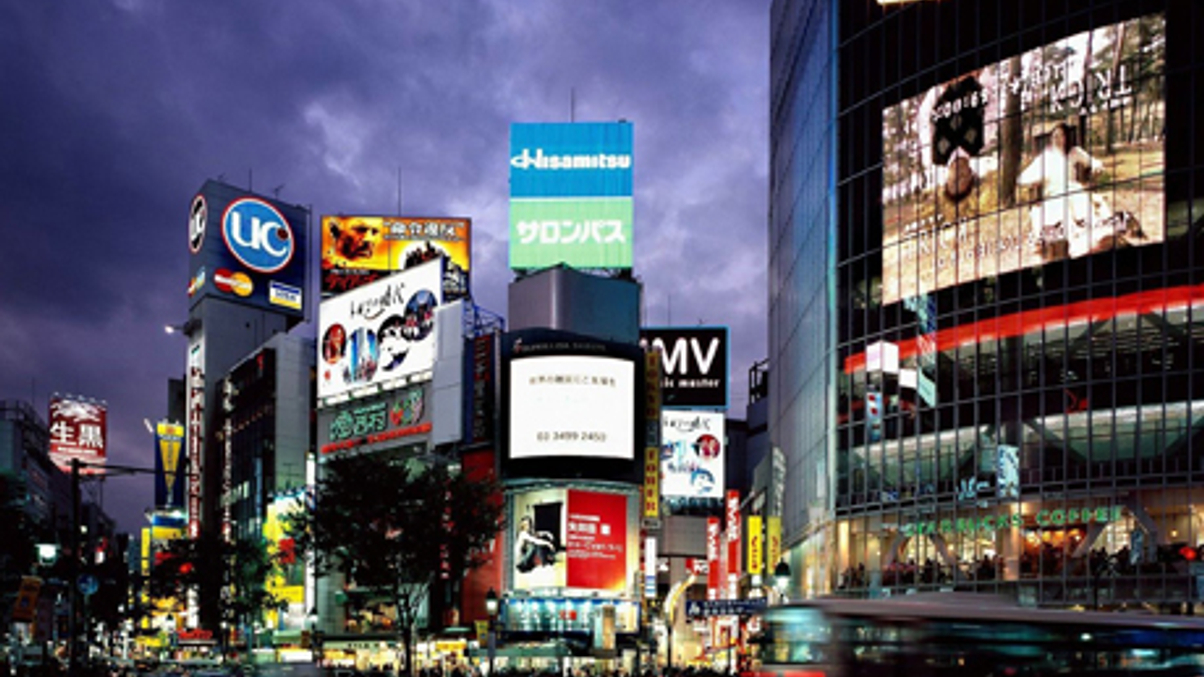Japanese investors turn to triple-deckers, for now
The shift has come at the expense of double-decker funds, which saw net flows turn negative last year.

Triple-decker funds seem to have replaced double-deckers in Japanese affections, even though they tend to offer lower dividends, according to Cerulli Associates. But this too may prove a relatively short-lived infatuation, argues the research house.
Sign in to read on!
Registered users get 2 free articles in 30 days.
Subscribers have full unlimited access to AsianInvestor
Not signed up? New users get 2 free articles per month, plus a 7-day unlimited free trial.
¬ Haymarket Media Limited. All rights reserved.


